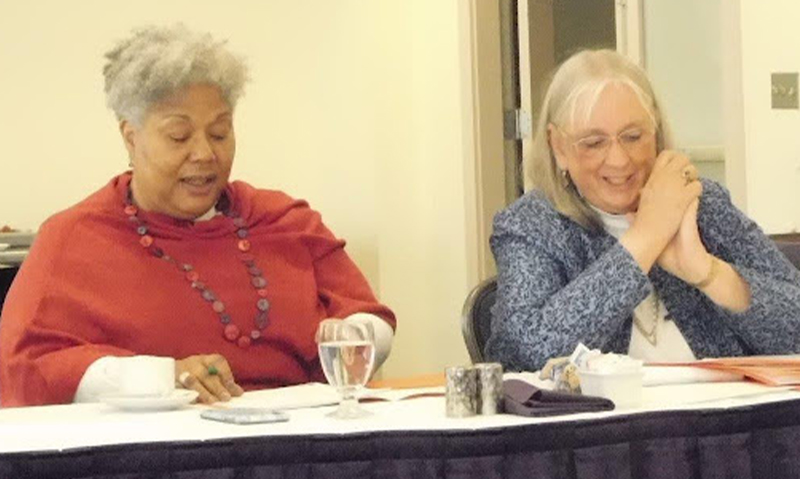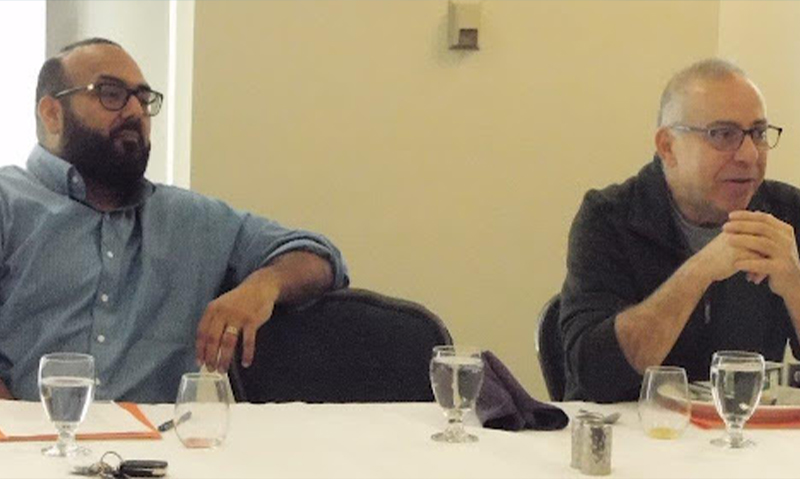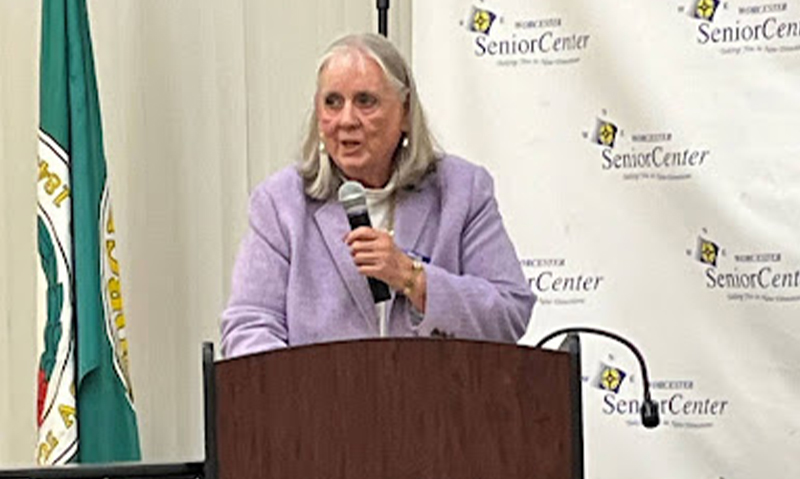
For 140 years, we have advocated for quality early education and care in the community. Looking back, three issues persist. In fact, they are almost the same.
Why is it, 140 years later, that we are still fighting the same battles? Why don’t these problems have solutions?
Our board members recognize them too, and why, now it is imperative that these problems turn into actionable solutions:
- Access to high quality, affordable childcare
- Fair compensation for educators and caregivers
- Adequate, stable funding that supports quality for young children and their families
These issues are decades old. As we celebrate our 140th year, it’s time for fresh solutions. Our board members, local educators, and community members are talking, and now is the time to listen to their stories and act on it, once and for all.
Then vs. Now: Access to Care
“Access to care is a key issue for families,” wrote Amina Bristol, a member of Edward Street’s board. “The financial barrier of early childcare for many families makes it difficult for them to provide for their children.”
In the past, accessible and affordable childcare was an issue for those with a low socioeconomic status. Now, it’s become an issue that affects everyone, including middle class families.
At the recent Equity from the Start forum, the cost of care, as well as the issue of supply and demand was brought to the attention of the community once again. There are 1,000 days from a child’s birth until they turn five and begin kindergarten. Currently, 775 Worcester children remain on a waitlist, without childcare.
Let’s break it down into a math problem. When we multiply 1,000 days by 775 children, that’s 775,500 days of missed opportunities for our children. That is simply unacceptable.
Access to childcare and early childhood education is essential for the development of young children. These formative years give children the opportunity to learn how to socialize and develop rich language and literacy skills. Early childhood is also the time to identify emerging needs in children, and without access to care, these needs cannot be met. Early childhood education and care matters, and we must create access to it.


Then vs. Now: Fair Compensation
The demand for fair wages of educators is nothing new. In fact, we’ve been talking about it for quite some time. However, it seems things are only getting worse for working members of the early education and care field.
Recently, during testimony given at the State House, an educator who has been in the field for 35 years shared her personal compensation experience. Back in 1988, she was making $10.75 per hour with a Bachelor’s degree. Now, in 2023, she has since earned two Master’s degrees and gained years of professional experience, and still only earns $17.25 per hour. Despite her professional development and hands-on work in the field, she barely makes minimum wage. Educators caring for our youngest, most precious resource deserve better.
There are few, if any, professions where an hourly wage grows just $6.50 in 35 years, but that is the current reality of the EEC field. The profession is not valued, and it’s strikingly clear in the numbers.
Edward Street’s Board President, Monica M. Thomas-Bonnick called for professionalizing our educators, “[We need to] change the perception of how folks working in this industry are perceived and compensated.”

Then vs. Now: Funding
“We need our legislators to step up and provide more funding for young children ages 2-5 so they are well prepared to attend kindergarten,” shared Sharon Nutter, Edward Street’s Board Treasurer.
The fight for funding in the childcare sector has always been an uphill battle. We’ve urged legislators to support initiatives like the Common Start Bill which would provide families with accessible, affordable childcare, teachers with fair compensation, and a stable source of funding for childcare providers. We’ve also pushed back against Massachusetts state budget vetoes, and ensure critical funding continues.
However, there is still so much work to be done, and we simply can’t wait any longer. The reality is that many childcare providers lack sufficient funding to provide classrooms and centers with basic necessities like supplies. Couple that with the fact that educators are already severely underpaid, and it’s clear that not enough money is being invested today into the lives of young children and those that shape their futures.
Access to grants and the overturning of several vetoes is incredibly helpful in the fight for sufficient funding, but we need more permanent action in order to reach our goals. One-year budgets are not sustainable, and make it difficult for the early education and care field to stabilize their workforce and plan for growth. We need our legislators to take bold action and build an industry that has sustained investment.
If we miss the first 1,000 days in a child’s life, their future is negatively impacted. We only have a small window of time to provide them with the foundation that early education and childcare establishes. We all want our children to succeed. We need to fund their futures.

The future is promising
140 years ago, there was no early education and care field. We were there when there was nothing. We have raised issues locally and state-wide. We were there as childcare became essential and necessary, now we’re pushing to make it a system for all.
And there is hope. Investment over the last two state budget cycles is historic, $150 million this year alone. Critical foundational funding through the C3 Grant continued this year with state funding, and more funding has been invested to support desperately needed facilities improvements. We are making progress. Now we need diligent advocacy.
For the past 140 years, we have been advocating for early childhood success, and we’re only just getting started.
As Board member Domenica Perrone shared, “Advocacy and awareness are key in this fight. I hope to be a more visible advocate for this mission in my future wherever it may lead me.”
The future of Edward Street, and the future for our children, is bright and filled with hope. Let’s work together to seize this moment to create lasting, sustainable change.
The time is now, and it starts with us coming together as a community to create a positive difference. With your support, the future is promising. Our children’s lives depend on it.
